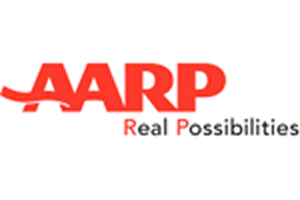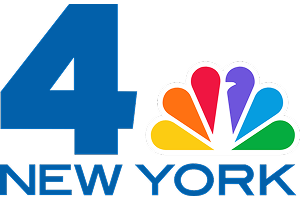800.696.9529
Long Island Debt Settlement
If you are unable to pay your bills, there are several steps that your creditors may take to get payment. If you are only a few weeks behind, you creditors will call you repeatedly. However, if after several weeks or months you still have not paid the debt, your creditor may take more extreme steps including wage garnishment, bank account levy, and foreclosure. While it may be tempting to simply ignore demands for payment, there are other options for debt relief. Instead of ignoring your debt it is better to consider solutions that would result in the debt being paid or eliminated. There are several options to consider such as filing for chapter 7 bankruptcy, filing for chapter 13 bankruptcy or securing a debt consolidation loan. Another option is debt settlement. Debt settlement is the process of negotiating with your creditors payment arrangements that would allow you to pay less than the total amount that you owe. If you are faced with significant debt that you are unable to pay, contact an experienced Long Island Debt Settlement Lawyer who will review your financial situation and help you find a solution to your struggles with debt.
What is debt settlement?
Debt settlement is a negotiation process during which you get the credit card or loan company to agree to forgive most of the debt that you owe. The benefit to the creditor is that instead of waiting for you to pay the entire amount owed or instead of going through the process of suing you to get paid, the creditor would get some of the money owed relatively quickly. Creditors understand that if they do not agree to a debt settlement, there is a possibility that you will file for bankruptcy. If you do end up filing for bankruptcy the chances of creditors getting any money decreases significantly.
Once a debt settlement agreement is in place, as long as you stick to the new repayment terms, the creditor will not be legally permitted to require you to pay the amount that was forgiven under the terms of the debt settlement agreement.
What types of debts can be settled?
While many types of debt can be settled through negotiation, there are some types of debts that cannot be settled. The most common type of debt that is settled is credit card debt. Other types of debts that can be settled include retail store accounts, unsecured personal loans, medical bills and balance owed after an auto repossession.
Debts that typically cannot be settled through conventional debt settlement negotiation include your mortgage, the amount owed on your apartment lease, home equity loan, court-ordered child support or spousal support, criminal fines and penalties, and government-backed student loans.
What are the tax consequences of settling debt?
If you settle a debt with a creditor for less than the full amount, your income may be affected for purposes of tax reporting. The IRS treats forgiven debt as income. A company that forgives $600 or more of a debt’s principal is required by the IRS to send you as well as the IRS a Form 1099-C. For example, if you have a debt of $2000 that the creditor agrees to settle for $1000, they will issue you a 1099-C for the $1000 difference. You must report that $1000 that was settled as income and report it on your tax return.
Successful debt settlement may be a way to avoid wage garnishment, foreclosure, repossession, and bankruptcy. However, successful debt settlement requires the understanding of negotiation strategy. The staff at Stephen Bilkis & Associates, PLLC has extensive experience helping clients eliminate debt, responding to creditors’ claims, filing for chapter 7 and chapter 13 bankruptcy, and dealing with other issues related to debt relief. Contact us at 800.696.9529 to schedule a free, no obligation consultation regarding your debt issues.












